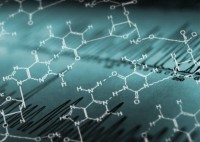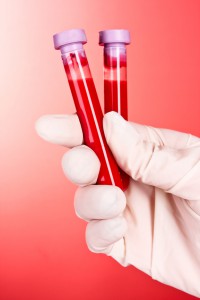
The problem with traditional cancer treatments is that they attack healthy cells along with diseased cells, which results in serious side effects such as fatigue and hair loss. Doctors are encouraged by the success of a new cancer treatment that zeroes in on the cancer cells.
The “Next Revolution in Cancer Therapy”
Molecularly targeted therapy is being hailed as the next big step in cancer treatment. These new drugs are designed at the molecular level to attack the diseased cells of a specific type of cancer. In addition, they can identify specific molecules that are part of specific cancers.
The drugs are created by a process that is the reverse of how most cancer drugs are developed. Scientists identify an abnormal molecule that’s unique to a particular type of cancer, then design a drug that shuts down its activity.
Gleevec: Paving the Way
Novartis Pharmaceuticals has developed Gleevec, also known as STI571, which is leading the way for molecularly targeted therapy. Gleevec is used for chronic myeloid leukemia, or CML, which is a rare form of the disease characterized by excessive production of white blood cells.
Researchers discovered that Gleevec is also effective against GIST, a rare gastrointestinal cancer. GIST features a unique enzyme related to the original target enzyme in CML.
State-of-the-Art Cancer Treatment at Issels®
Gene-targeted therapies, including Gleevec, Tamoxifen and Avastin, are a significant part of our personalized treatment programs. Issels® also uses non-toxic immunotherapy treatments that boost the immune system’s ability to target tumor cells.
Contact us today for more information about our decades of success in helping patients achieve long-term remission.





